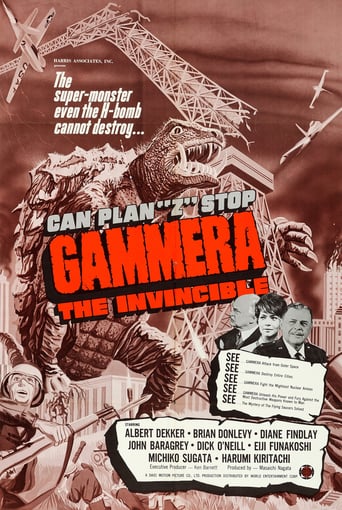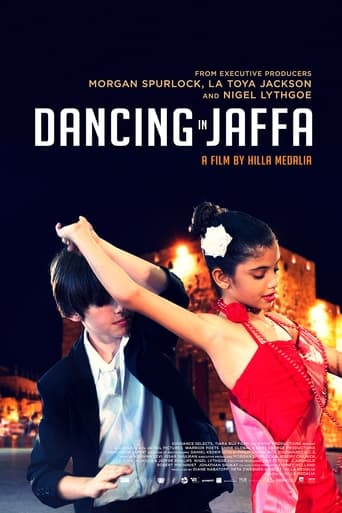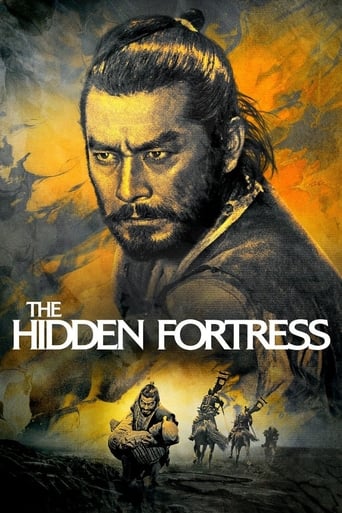


The Hidden Fortress
In feudal Japan, during a bloody war between clans, two cowardly and greedy peasants, soldiers of a defeated army, stumble upon a mysterious man who guides them to a fortress hidden in the mountains.
-
- Cast:
- Toshirō Mifune , Minoru Chiaki , Kamatari Fujiwara , Misa Uehara , Susumu Fujita , Takashi Shimura , Ikio Sawamura


Similar titles

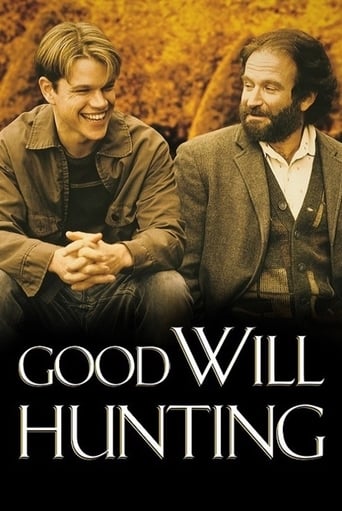

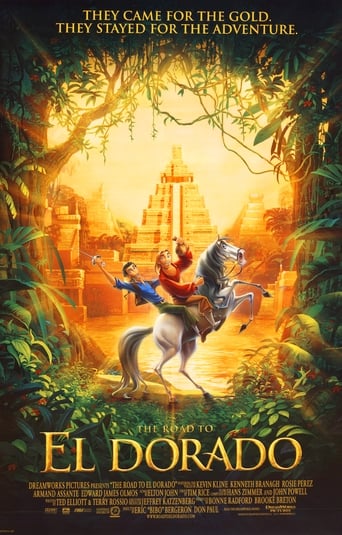
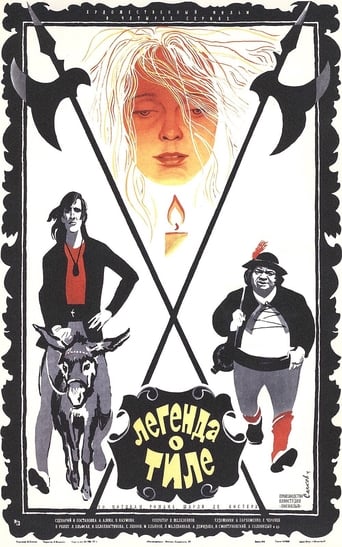
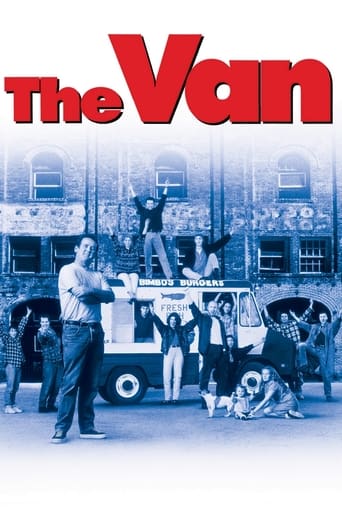
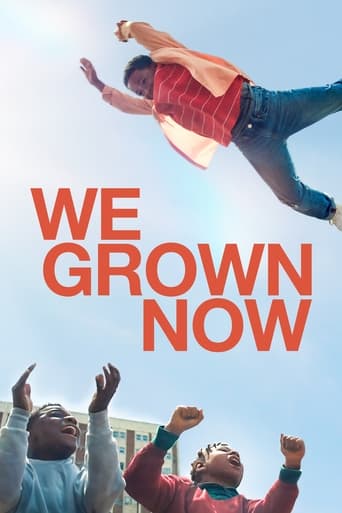
Reviews
Strong and Moving!
Fresh and Exciting
The best films of this genre always show a path and provide a takeaway for being a better person.
All of these films share one commonality, that being a kind of emotional center that humanizes a cast of monsters.
I am not one of those artsy fartsy filim fans that search for some deeper meaning or like to talk about the metaphors used in a filim. I watch all types of movies normally recommended by reading critics, books or magazines about movies, I like just to enjoy the story, acting or the images shown. If I'm lucky most times it is all the previous that combine. I mention this to assure anyone reading this twaddle that, I am not some movie snob that was turned on when I saw the words Kurosawa, subtitles and black and white movie . I have watched a few Kurosawa movies and this is a good filim. You do have to remember that Hidden Fortress is filmed in 1950's Japan and for a Japanese audience of that time but the basics are all there. Great leading man, some good action sequences, two funny sidekicks, a good story that is well told and some great outside shots.
This Film from Japan's Premiere Filmmaker will take more Effort from Americans to Embrace, but it is so Charming and Beautiful that it will Win the US Audience Despite its Buffoonish and Annoying Comedy Duo.There is much more here to Ogle and Awe as Kurosawa really knows how to Fill a Frame. Every Scene is a "Picture" that uses Cinema in the Best Artistic Tradition of the Medium. No Wasted Space, in Fact every Inch is Imbued with Purpose. The Director is not Fond of Closeups and that is a Lesson that Modern Directors have Never Learned.The Story is a Blend of Adventure and Whimsy with Slapstick and Samurai Energizing this Slightly Longish Tale. Toshiro Mifune is again Welcomed but it is Misa Uehara as Princess Yuki that Beautifies the Screen with a Sexy Princess that Commands the Viewer's Attention as She is a Stunning Actress with an Accent on Beauty but not to the Detriment of a Dogged Determination that is not Intimidated by Her Male Counterparts.Overall this is a Typical Visual Treat from a Master of Image that set out to make a Lighter Affair in Contrast to His Previous Work and it Works Magnificently.
I think there are three great thresholds or paradigm shifts in film that have contributed much excitement to film fans, since the great masters have had to cope with the changes and try them out. The first was the advent of sound, the second the introduction of a wider aspect ratio, and the third the use of colour.All of the Kurosawas I've seen are beautiful poems. That this is Kurosawa's first film in Tohoscope, that is, in a wider aspect ratio than 4:3, is in itself an event. It would be 1970 when he would direct his first colour feature, although there's that effective use of colour in "High and Low" (1963).He is able to utilize space so well that both are thoroughly magical, and here the complete impotence of our two antiheroes is reflected in the large emptiness surrounding them, that is, loneliness in vastness, as used by Antonioni to great effect in a few year's time.I like his use of sand (and rock and boulders) in the film, especially since I'm also a big fan of Teshigahara and Imamura. They seem to have a life of their own, the rocks and boulders.And his portrayal of the violence of the mob towards the beginning of the film; the most exhilarating sequence involving stairs, far outdoing the Odessa steps as the ultimate example of not only violence and aggression but appropriation of class dynamics (it's the mutiny here that falls down from above). And the way he shoots the crowded streets and interiors, something beautiful in itself and worth looking for. And Mifune on horseback, chasing the two Yamana men, both his hands on his sword; an iconic moment that might be equally only by Nakadai's similar moment, with his bow and arrow, in "Ran" (1985). And the rain!And, and, and...
When it comes to Kurosawa, most that come to mind are "Seven Samurai", "Rashomon", and "Yojimbo" but "The Hidden Fortress" is a worthy addition just on the impact alone. Tahei and Matashichi are two selfish greedy peasants just trying to get home. After discovering gold in the mountains, the two decide to team up with a general and a princess hiding out there in order to escape with some extra money in their pockets. "The Hidden Fortress" is an adventure story that draws influence from both Eastern and Western cultures. Instead of being seen from the high-class samurai's eyes, the majority of the film is done through the two peasant's perspectives which generally balances between seriousness and humor relatively well. It does get slightly over-the-top at points but with a witty cast and a fantastic director like Akira Kurosawa, it's not hard to see why George Lucas would eventually draw inspiration from it for "Star Wars."

